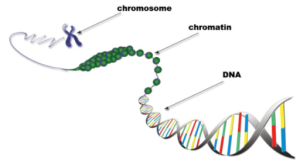Module 5 Heredity: Every term to help you succeed
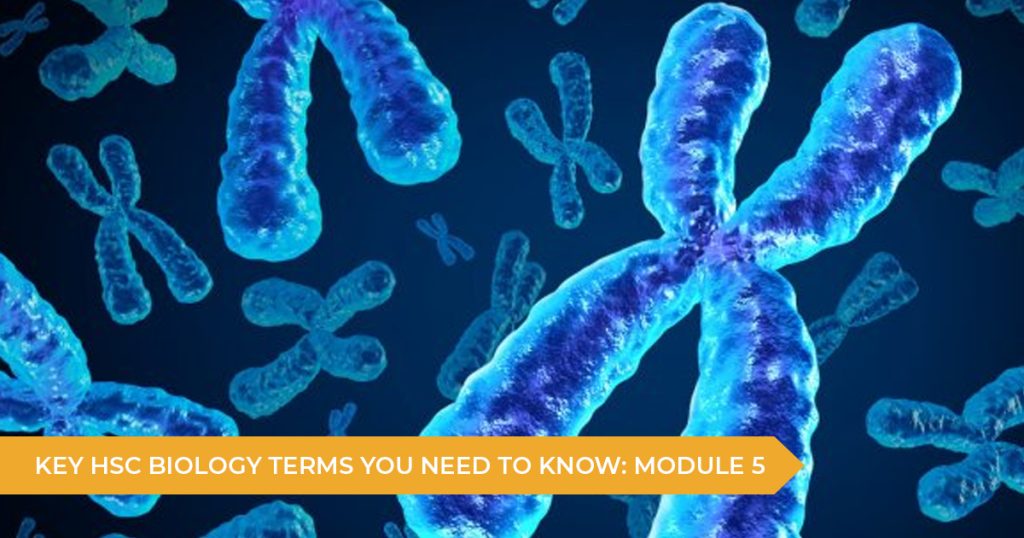
Don’t start HSC Biology Module 5 without these helpful terms at hand to guide you in the course.
Chromosome
A thread-like structure carrying genetic information in the form of DNA. Humans have 23 pairs of chromosomes – 46 chromosomes in total)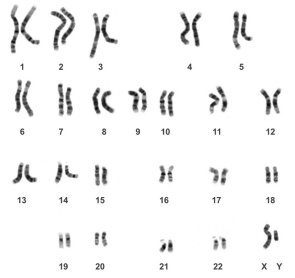
Homologous
A pair of maternal and paternal chromosomes. E.g. the maternal and paternal version of chromosome 1.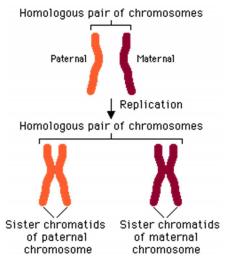
Haploid
Having a single set of unpaired chromosomes (Human haploid cells have 23 chromosomes)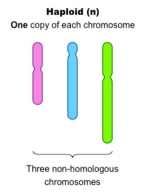
Diploid
Having two complete sets of chromosomes, one from each parent (Human diploid cells have 23 pairs of chromosomes)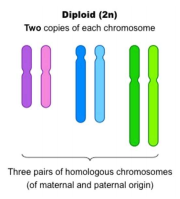
RELATED: Exploring Natural and Artificial Selection (HSC Biology Module 6)
Chromatids
Chromosomes form sister chromatid pairs following replication (as shown in the diagram)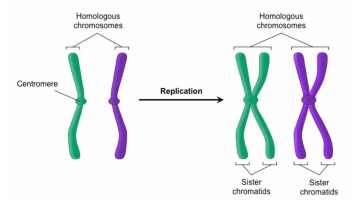
Chromatin
The material of which chromosomes are composed of, and will unwind into.
Centrosome
An organelle involved in producing spindle fibres during cell division, made up of a pair of centrioles.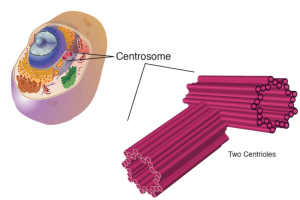
Centriole
Each component of a pair forming the centrosome.
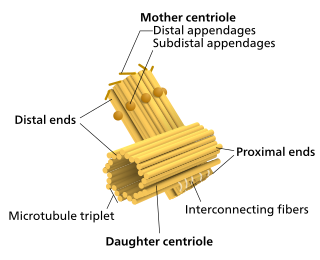
Centromere
The centre of sister chromatids to which spindle fibres attach.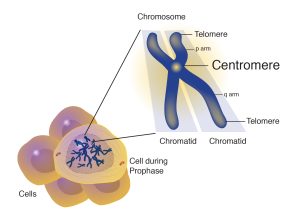
Spindle fibres
Fibres used to attach to the centromere of sister chromatids, which contract to separate each chromatid.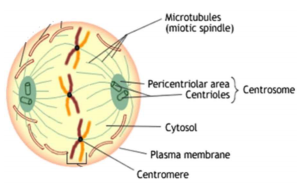
Need some extra help navigating HSC Biology? We’ve got you covered at Talent 100
Our Sydney learning centres are open all week (Burwood, Chatswood, Epping, Hurstville & Sydney CBD), so you can master the foundations of Year 12 Biology.
We also have online classes available for students in NSW – so you won’t miss out on any valuable Biology time this year! Take advantage of our 1-1 classes where you can get your past papers marked, ask questions about homework, or just speak to one of our Biology Mentors.
Click here to find out more about our HSC Biology tuition courses.



